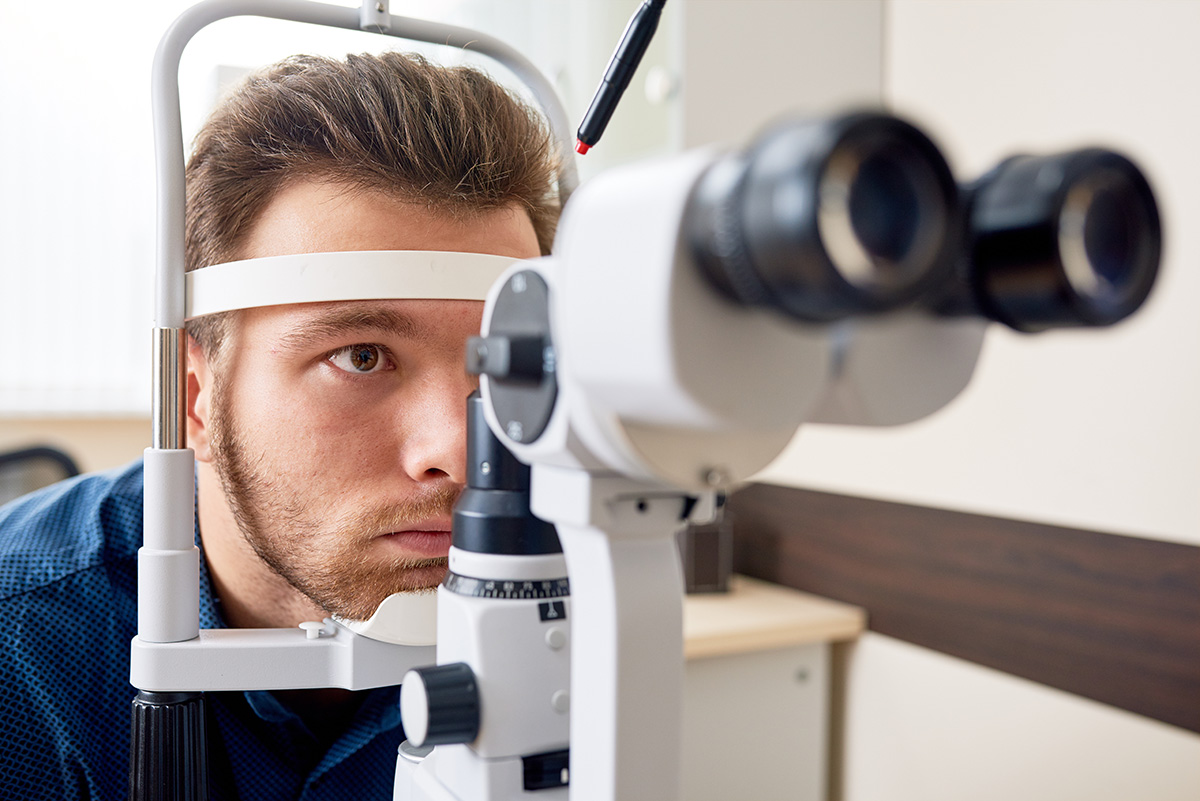Peripheral vision refers to the ability to see objects that are not directly in front of you or in your side or peripheral visual field. This type of vision is essential for many daily activities, such as driving, sports, and navigating through crowded areas. When someone experiences peripheral vision loss, it can significantly impact their quality of life and safety.
What is peripheral vision loss?
Peripheral vision loss is a condition where an individual experiences a reduction or complete loss of peripheral vision. This condition can occur suddenly or gradually, and the severity of the loss can vary. Some people may only experience a slight reduction in their peripheral vision, while others may lose it entirely.
Common causes of peripheral vision loss
Several factors can cause peripheral vision loss. Some of the most common causes include:
- Glaucoma: Glaucoma is an eye condition that can cause damage to the optic nerve, which can result in peripheral vision loss.
- Retinitis pigmentosa: This is a genetic disorder that causes the breakdown and loss of cells in the retina, resulting in peripheral vision loss.
- Traumatic brain injury: A head injury can damage the optic nerve or other parts of the brain, resulting in vision loss.
- Stroke: A stroke can affect the brain’s ability to process visual information, leading to vision loss.
Risk factors for peripheral vision loss
It is possible to develop peripheral vision loss due to various risk factors. These factors include:
Age
As people age, their risk of developing eye conditions that cause vision loss, such as glaucoma and macular degeneration, increases.
Family history
Having a family history of eye conditions that cause vision loss can increase an individual’s risk of developing peripheral vision loss.
Diabetes
Diabetics are at a higher risk of developing eye conditions that can lead to peripheral vision loss.
Why regular eye exams are important
Regular comprehensive eye exams are crucial for detecting peripheral vision loss and other eye conditions. Early detection is key to preventing or slowing the progression of vision loss. During an eye exam, an eye doctor can perform various tests to assess your peripheral vision and overall eye health. If any issues are detected, they will develop a treatment plan to help manage the condition.
If you experience any changes in your peripheral vision, it’s essential to schedule an eye exam with your eye doctor immediately. Don’t wait until it’s too late—schedule your eye exam at our office in Blue Island, IL, today!





